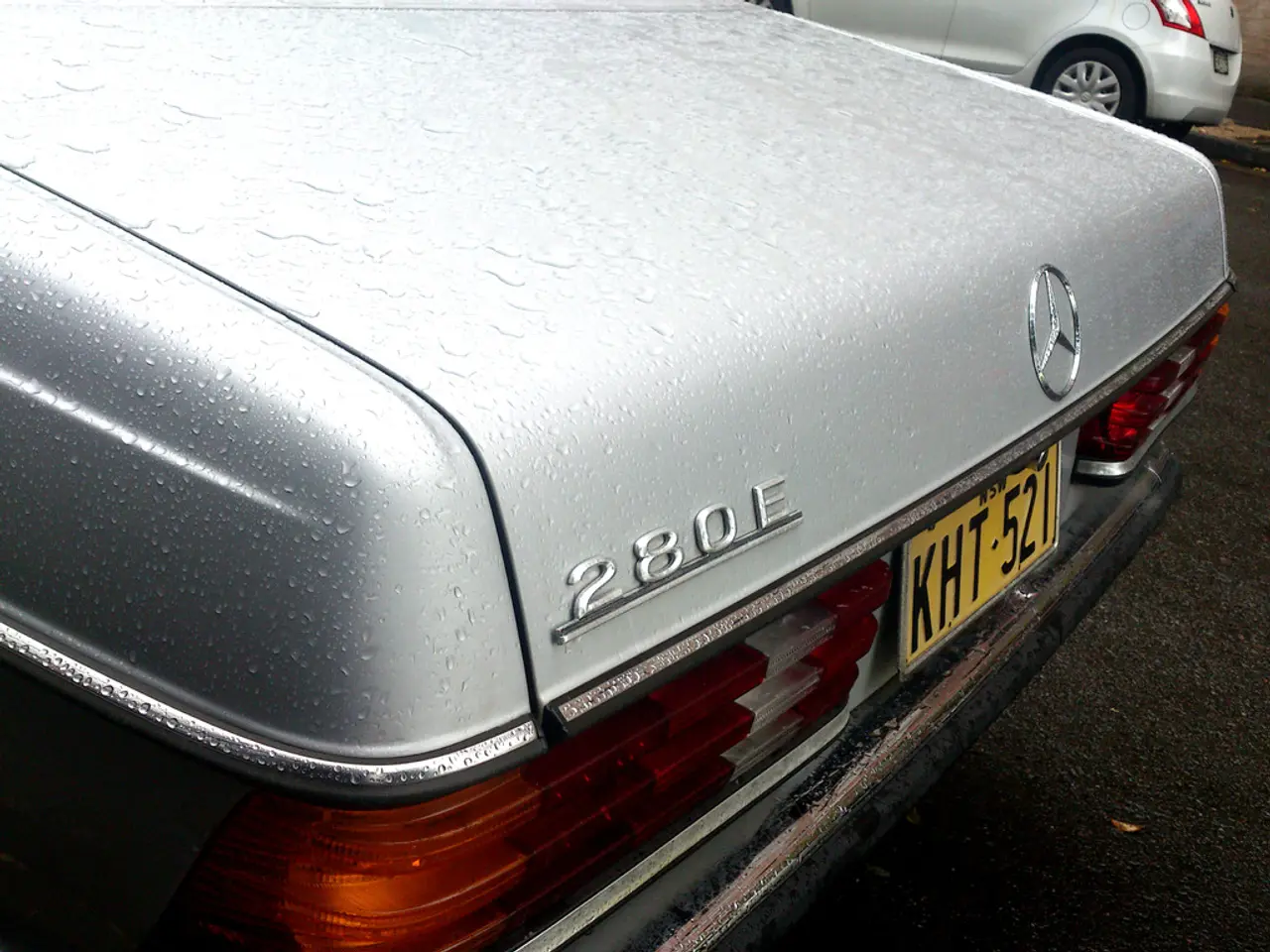halted deliveries of electric vehicles in the US - the reason behind
In a move to adapt to the shifting automotive landscape, Mercedes-Benz has temporarily halted orders for its electric vehicle (EV) models in the United States. This decision comes in response to a combination of factors, including low consumer demand, changing market conditions, and the expiration of federal EV tax credits.
The pause affects the EQS Sedan, EQS SUV, EQE Sedan, and EQE SUV models, while the smaller EQB model and upcoming EQ CLA and GLC models remain unaffected. Deliveries of vehicles scheduled for production before September 1, 2025, will continue as planned. However, orders for new vehicles after that date have been put on hold as Mercedes-Benz optimises its production and inventory in line with the current market environment.
To stimulate demand amid weakening sales and excess dealership inventory, the company has announced plans to reduce prices on several EQ models by up to 16% for the 2026 model year. This price adjustment aligns with federal budget changes that ended the $7,500 tax credit earlier than expected, which further decreased EV buyer incentives.
When it comes to reopening orders, Mercedes-Benz has not provided a specific timeline, citing "competitive reasons" for the uncertainty. The company continues to manufacture these EVs for global markets and will run down current US inventory while adjusting its US portfolio.
It's important to note that Mercedes-Benz remains optimistic about the future of electric vehicle sales in the US, despite the tax credit elimination. The company believes that the medium- to long-term acceptance rate of electric vehicles in the US will gradually increase, albeit at a slower pace due to new regulatory paths.
In addition to these changes, users have the option to agree to display external content from third-party providers to enhance their experience. This decision includes the transfer of certain personal data to third countries, including the USA, in accordance with Art. 49 (1) (a) GDPR. Users can withdraw their consent to integrate external content at any time via the "Withdraw Tracking" link in the footer of the offering. A list of these third-party providers can be found in the privacy settings.
Mercedes-Benz began producing two full-electric SUV models, the EQS SUV and EQE SUV, at its Alabama plant in 2022. The company continues to produce all models intended for export to global markets and adjusts to local market demand.
This strategic pause reflects Mercedes-Benz's response to a 25% decline in battery electric vehicle sales year-over-year noted in their Q2 2025 report. As the automotive industry evolves, it will be interesting to see how Mercedes-Benz and other manufacturers navigate these challenges and capitalise on opportunities in the EV market.
[1] Mercedes-Benz Press Release: Pause in Orders for Electric Vehicles in the US [2] Federal Budget Changes Impact EV Tax Credits [3] Mercedes-Benz Q2 2025 Financial Report
- Mercedes-Benz's temporary halt on orders for its electric vehicle (EV) models in the United States is due to a confluence of factors such as low consumer demand, changing market conditions, and the expiration of federal EV tax credits.
- The pause affects the EQS Sedan, EQS SUV, EQE Sedan, and EQE SUV models, while the smaller EQB model and upcoming EQ CLA and GLC models remain unaffected.
- To stimulate demand, Mercedes-Benz has announced plans to reduce prices on several EQ models by up to 16% for the 2026 model year, aligning with federal budget changes that ended the $7,500 tax credit earlier than expected.
- Mercedes-Benz has not provided a specific timeline for reopening orders, citing "competitive reasons" for the uncertainty, but the company continues to manufacture these EVs for global markets and will run down current US inventory while adjusting its US portfolio.
- The strategic pause reflects Mercedes-Benz's response to a 25% decline in battery electric vehicle sales year-over-year, and it will be interesting to see how Mercedes-Benz and other manufacturers navigate the challenges and capitalise on opportunities in the EV market as the automotive industry evolves.




